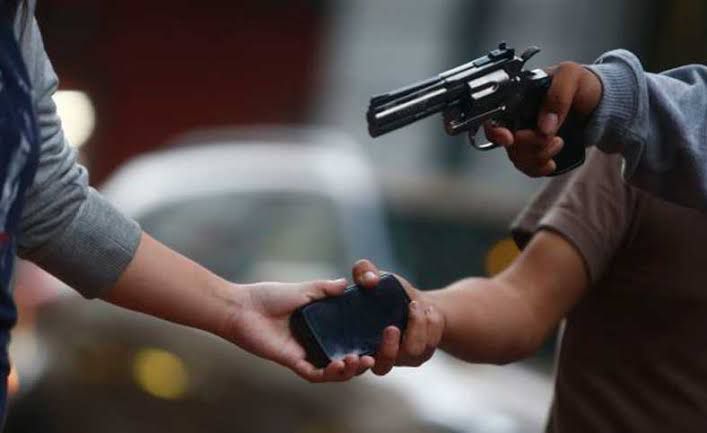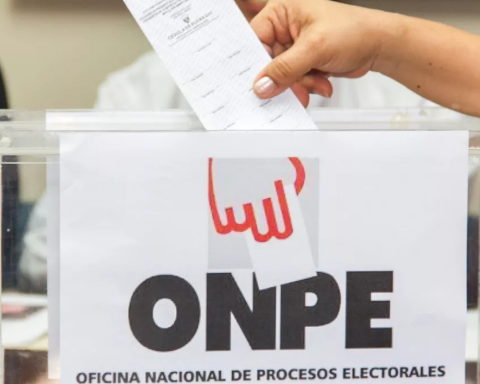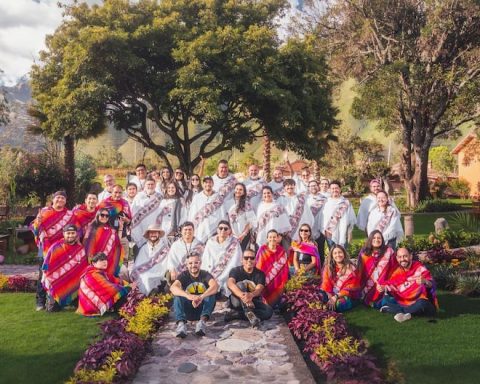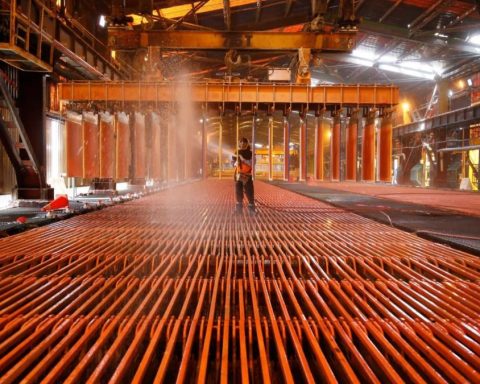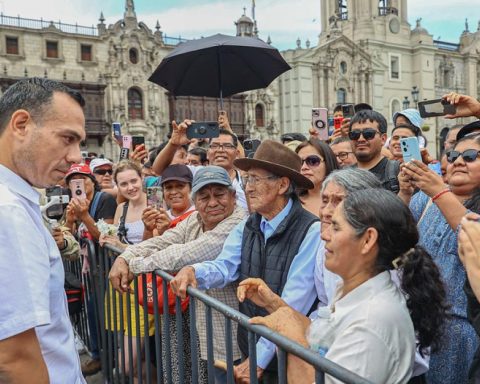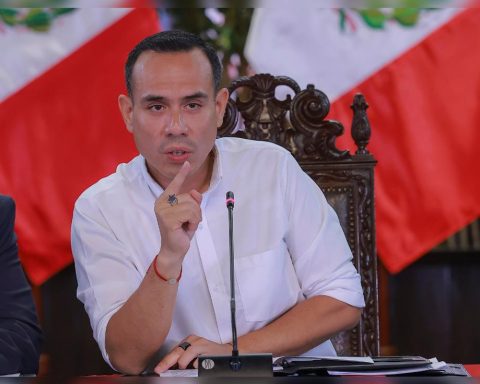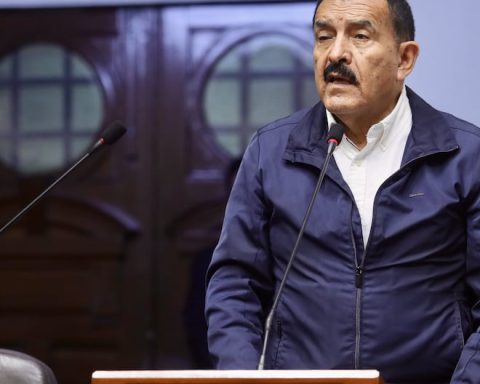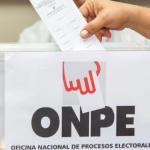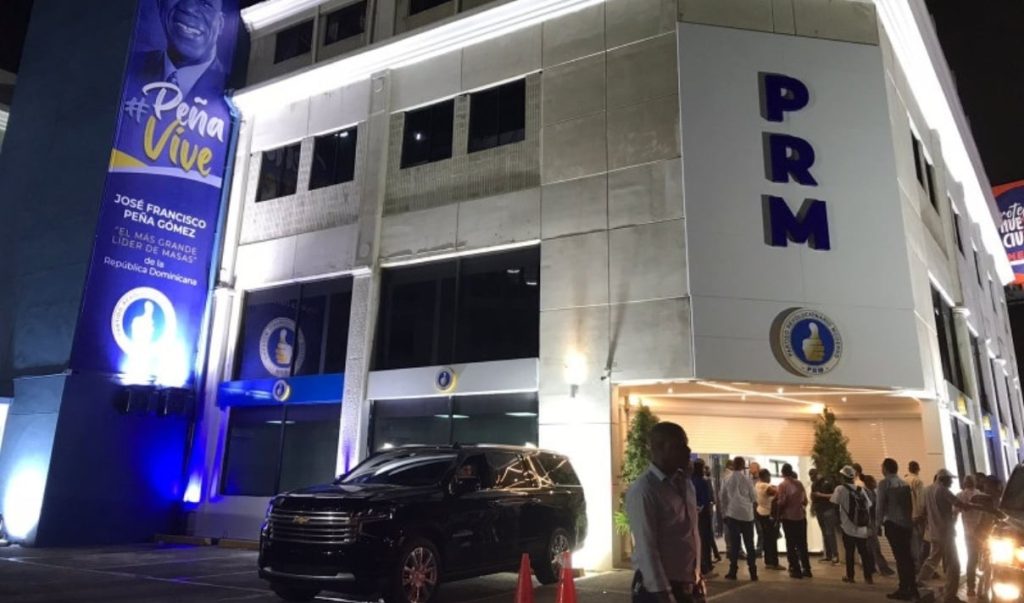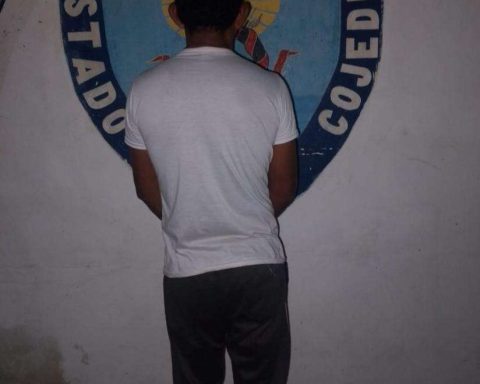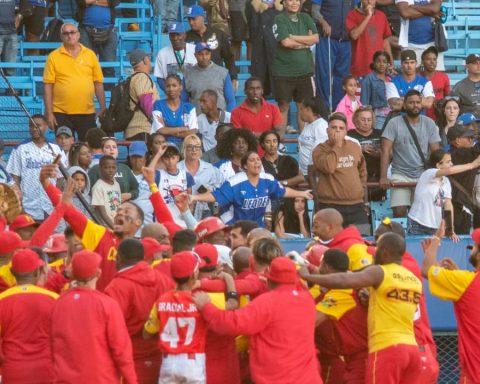By: Omar Manky, Researcher at the Research Center of the University of the Pacific (CIUP)
Unlike the one a couple of weeks ago, the strike on Thursday the 10th transcended the Lima transportation sector. Numerous associations of merchants and winemakers, among other unions, closed their doors as a measure of protest against citizen insecurity. For months, robberies and extortions have not been limited to large businessmen, but have affected motorcycle taxi drivers, small merchants and, potentially, anyone seeking to earn an honest living.
Faced with this situation we hear the usual criticism of the protest. Some argue that the country’s major problems can be solved by working more or studying diligently, while others oppose the “politicization” of the protest. These positions, heirs of the mantra that guided Peruvians during recent decades, ignore a fundamental reality: labor struggles are rarely simple economic demands. Instead, they often involve broader questions about rights and dignity. In contrast to other strikes, however, this one did not demand better wages. It is a cry for the right to live. A recategorization of job security, which becomes primary: “I do not demand a decent salary from you, but that you avoid being killed.” The demand speaks to the level of our crisis.
In the midst of desperation, people begin to come together, remembering that in the face of common problems, the solution cannot be individual. It’s not just about putting more bars in the store, installing cameras in vehicles or arming yourself to defend yourself. Instead, in a disorderly manner and without a clear plan, public responses are demanded. Can this not be political? I’m not sure if it’s an awakening that allows us to be optimistic. But seeing different unions of workers and businessmen demanding the elites brings back an idea that seems incendiary these days: it is worth protesting, and if not imagining a better future, at least demanding that they not take away the little that has been achieved. . The alternative – paying extortionists, closing businesses, facing danger alone – seems increasingly less sustainable for the Peruvians who have remained.
Of course, this path presents challenges. The fragmentation of civil society is profound, and the lack of cohesion, easily exploited by extortion gangs, is also useful to a government accustomed to acting with impunity. The road ahead is uncertain, and there are no simple recipes. However, history remembers that when people unite they can transform their living conditions, even in the face of mediocre elites. In the streets of Lima today, not only the right to work is demanded, but the fundamental right to a dignified life. The challenge will be to strengthen those bonds of solidarity that, even in the darkest moments, allow us to imagine a future where security is not a privilege, but a right for all.
